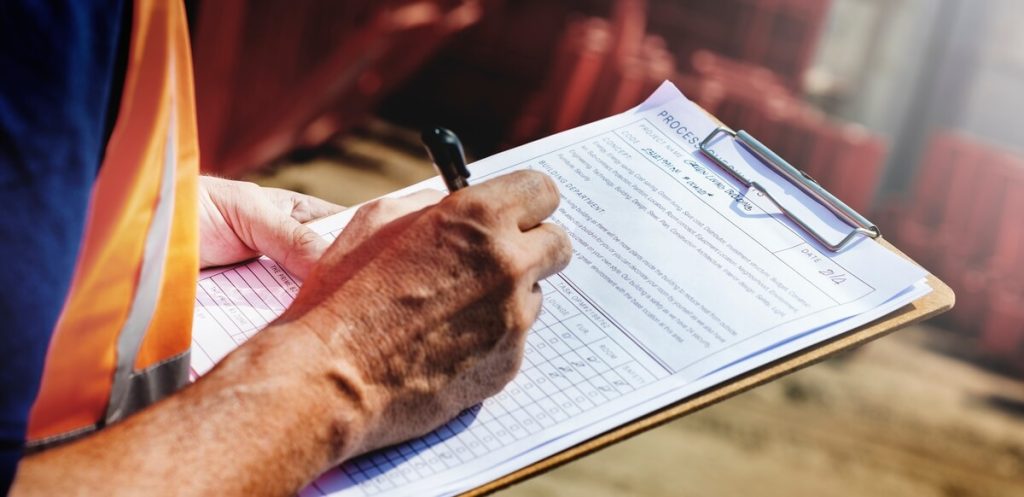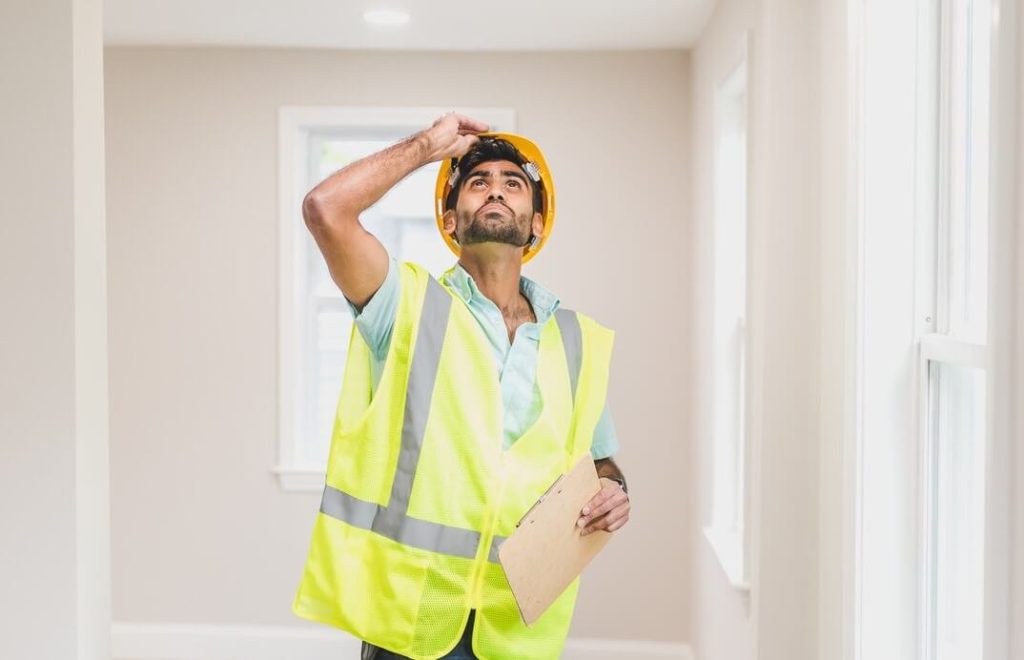In years past, many individuals would purchase a home with an agreement and a handshake. We are way past that stage in our history, but it was – at one point – a reality. Today, acquiring real estate is considered a highly complex procedure. It should only be done with the assistance of educated, trained, and highly knowledgeable industry professionals.
In this guide, we will directly address the home inspection process and how it relates to the buyer. It is meant to be highly informative and helpful. If you are interested in purchasing any type of home that is currently available on the market, it is essential that the home you’re considering has had a thorough home inspection.

What is a Home Inspection?
A home inspection is a service that is most commonly offered for the buyer of a specific property. The purpose and intent are to provide a report on the overall and general condition of the structural-based and mechanical-based aspects of the home and to evaluate for the presence of radon and determine if there is a termite infestation.
How Long Does a Home Inspection Take?
Generally speaking, a home inspection takes anywhere from two hours to four hours; however, if the home is exceptionally large, it could take longer. This inspection is performed by a home inspector that holds an industry license. Many of the professionals that perform home inspections will carry other types of certifications, hold other designations, and may be members of well-established organizations that aid in their skills and knowledge of the home systems that are evaluated.
Should a Buyer Attend the Inspection?
Yes, it is advised that a buyer be in attendance when a home inspection is performed. The inspection is designed to provide you with a high level of insight on the condition of the home that you have an interest in purchasing. It is best to schedule it during the daytime so that there is ample lighting to properly evaluate all of the components of the home. While in attendance of the inspection, you should ask questions. The goal is to ensure that you are completely informed about the home so that you may make a reasonable conclusion on whether or not you should purchase it. Always make sure the written report includes a checklist and as many details as possible.
Will Defects Be Discussed?
Yes, if a home inspector identifies defects in and around the home, they will point those out to you; however, they will also point out the positive aspects of the home. It is imperative that you understand that the home inspector cannot tell you whether or not to purchase the home. They may only give objective observations regarding the systems of the home.
Who are the Key Professionals Involved in a Real Estate Transaction?
In addition to dealing with a home inspector, you will be involved with other key professionals when considering making a real estate transaction. The following outlines these individuals and provides a brief description of each:
- Realtor – This is a real estate agent who is licensed by the National Association of Realtors and will aid you in the purchasing process.
- Appraiser – This is an independent professional that is trained to deliver to you an unbiased estimate on the value of the property that you have an interest in purchasing.
- Title Company – This company specializes in the examination, insuring, and the transfer of all said properties associated with real estate.
- Mortgage Broker – This is an individual or even a company that helps in connecting the lender and the borrower of money on real estate.
- Home Warranty Provider – This company gives a policy to you – the buyer – that offers protection against breakdowns of the home systems that are mechanical in nature.
What Types of Certifications, Licenses, and Memberships Do Home Inspectors Have?
There are several different types of certifications, licenses, and memberships that a home inspector may possess. These credentials aim to display the professional’s overall commitment to the services that they are able to provide you, as a buyer. The following outlines the most commonly held:
- Home Inspector – This includes a licensed home inspector that knows how to objectively outline the defects and the positive aspects of a home and each individual system that is part of that home.
- Wood Destroying Insect – This individual is capable of identifying infestations of the property of insects that are known to destroy wood, such as carpenter ants and termites.
- Radon Tester – These professionals are certified to test for the presence of radon by the National Radon Proficiency Program.
- Indoor Air Quality – Individuals that hold this certification may test the air quality of the home being sold and provide those results to a potential buyer.
In addition to the following, home inspectors may hold memberships with The American Society of Home Inspectors, The National Association of Home Inspectors, and/or The International Association of Certified Home Inspectors. It is not necessary for home inspection professionals to hold all of the certifications, licenses, and memberships, but it is advised that you inquire about their specialties so that you will know exactly what type of information that you will receive during and after the home inspection.
What Home Systems are Typically Covered by Home Inspections?
There are several home systems that are commonly covered with the home inspection that you will experience as a buyer. These include those that cover the basement and associated structures, the crawl space and components, the slab of the home, the furnace, the electrical system of the home, the plumbing system, the interior components of the home, the attic and associated features, the appliances that are located in or around the home, the exterior areas of the home, and even the grounds of the home. Prior to committing to the home inspection, you should have a comprehensive outline of the home systems that will be evaluated so that you know the depth of the inspection that you are receiving.

What Should I Order in My Home Inspection?
As a buyer, you should order as many reports as possible. The goal is to understand the total condition of the home – from the inside to the outside. Naturally, you should start with a full mechanical and structural inspection. It is always advised that you opt for the wood-destroying insect inspection. You should then place an emphasis on the plumbing, well, and septic tank areas and components. Depending on the area, you may want a water analysis done, which will test for bacteria, lead, nitrates, and similar substances.
It is also advised that you have an inspection on the roof performed, radon gas testing, mold inspections and tests performed, irrigation systems, water softener systems, lead-based paint inspections, and the presence of any insects or wildlife on the property. If there is a security system, a pool, a hot tub, or similar items that are part of the property, these should also be inspected. It is also essential that you have the property tested for the presence of asbestos. A thorough and consistent inspection is the key to making a sound financial investment; therefore, nothing should be left to question at the end of your inspection. You deserve to know exactly what you are getting into when it comes to your real estate transaction.
Who Will Pay for the Home Inspection?
If you want a home inspection, you may seek out a professional on your own or enlist the assistance of the real estate agent that you are working with. Unless otherwise noted, the buyer will be directly responsible for covering the total expense of the home inspection and any other subsequent evaluations that must be performed. If you have signed the purchase contract and the inspection has yet to be performed, schedule it immediately so that there is ample time for any types of repairs to be performed.
What is the Home Inspection Report?
The home inspection report typically includes a checklist of all of the systems of the home and the components. There is usually a narrative that also includes photographs. You will receive a written summary from the performing inspector that outlines information on any system or any of the components of the home that are not functioning appropriately. You will also be informed of evidence that indicates that further levels of investigation must be performed by a specialist. If there are safety concerns, it will be outlined. If you have any questions or concerns, you may refer back to the home inspector for more information.
Get in Touch
We here at All Pest currently offer thorough and highly comprehensive home inspections. If you have an interest in purchasing any type of real estate, we encourage you to contact us today. This is one of the largest investments that you will make. It is essential that you know what you are getting into before you commit to that purchase.
